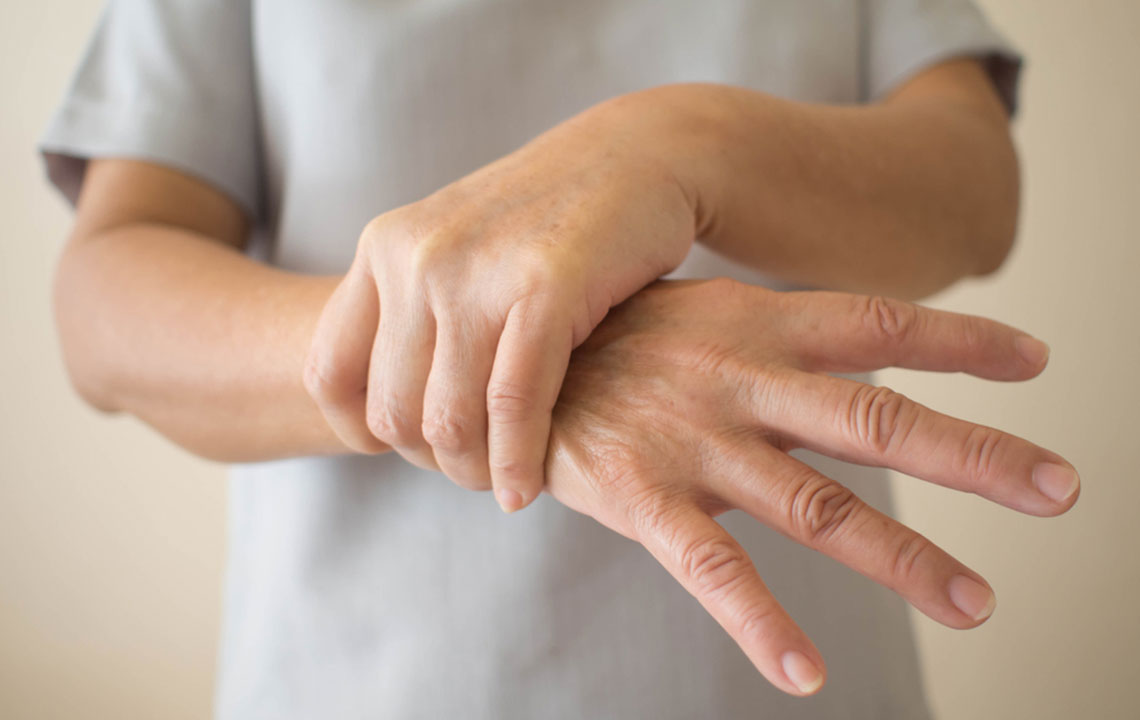Essential Information About Parkinson’s Disease and Its Management
This article provides an in-depth overview of Parkinson’s disease, including symptoms, progression, treatment options, and tips for living positively. Early diagnosis and proactive management are vital in improving quality of life and longevity. It emphasizes the importance of psychological support and medical intervention in managing this complex neurological condition. Understanding the disease helps patients and families prepare and adapt effectively, fostering hope and resilience despite challenges.

Essential Information About Parkinson’s Disease and Its Management
The American Parkinson’s Disease Association (APDA) reports that nearly one million Americans are affected by Parkinson’s disease. This neurological disorder impacts movement and balance, often beginning with tremors in the hands. Common symptoms include stiffness, balance issues, and muscle rigidity. Although there is no cure, early detection and treatment can help manage symptoms and improve quality of life.
What is Parkinson’s Disease?
Parkinson's is a progressive brain disorder that influences motor functions. Its gradual development makes early diagnosis challenging.
It begins subtly with movement irregularities and gradually affects sleep, speech, and cognition. Early symptoms like muscle stiffness and digestive issues can be vague, often leading to misdiagnosis.
Impact on the Body
Parkinson’s primarily results from dopamine depletion in the brain. Dopamine regulates movement and non-motor functions. Deficiency causes tremors, slow movements, and gait disturbances.
Other less obvious signs include loss of smell and constipation. Regarding life expectancy, studies show that by the time symptoms appear, about 60-70% of dopamine is gone, impairing bodily functions. Nonetheless, with a positive outlook and treatment, patients can enjoy a normal lifespan.
Age of Onset
Most individuals diagnosed are over 60, but early-onset cases do exist. Age and comorbidities may influence prognosis, but support from loved ones and advances in therapy help improve outcomes. Active social engagement can boost mental health and confidence.
Emotional Well-being
Coping with the diagnosis can be emotionally taxing. Psychological and social support play critical roles in managing mental health and symptoms. A resilient attitude can positively influence life expectancy and quality of life, even with no cure available.
Treatment Options
While medications manage symptoms, advanced cases may benefit from brain surgery, which can significantly prolong and improve life. Early treatment helps maintain daily functions and reduces symptom severity. Living confidently and accepting the disease helps patients maximize their lifespan and well-being. Maintaining a proactive lifestyle, medication adherence, and mental strength are crucial in managing Parkinson’s disease.










